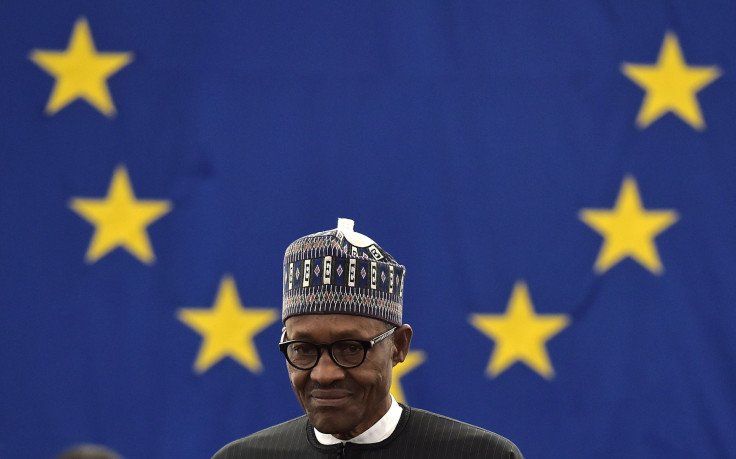Nigerian President Muhammadu Buhari Vows To Fight Corruption In Oil, Power, Transportation And Other Industries

Nigerian President Muhammadu Buhari vowed Thursday to fight corruption through the implementation of the data disclosure mechanism called the Open Contracting Data Standard, according to a press release. Buhari’s pledge came at the Britain-led summit on corruption just days after U.K. Prime Minister David Cameron called the largest African economy “fantastically corrupt.”
“Nigeria will establish a transparent central register of foreign companies bidding on public contracts and buying property. We welcome the proposal by developed countries to work together to improve the access of developing countries to beneficial ownership information for use in public contracting," Buhari said.
Ranking 136th out of 167 countries in the Transparency International Corruption Perceptions Index, Nigeria has long struggled with corruption. Billions of dollars in government money is lost each year through malfeasance, such as in arms contracts and embezzlement in state-owned companies, particularly in the crude oil industry.
The crude-driven Nigerian economy has suffered as a worldwide glut has forced down oil prices during the past two years. Exceptionally high supply in the Middle East and the shale boom in the U.S. have contributed to the oversupply, while reduced demand in emerging economies has contributed to the imbalance. Oil prices reached 12-year lows of less than $30 per barrel in February.
President Buhari speaking now at the Tackling Corruption Together Conference. Watch live: https://t.co/WSPgzoy1QO pic.twitter.com/C1P3jHbDik
— President Buhari (@NGRPresident) May 11, 2016
About 70 percent of the Nigerian government’s revenue comes from crude oil, according to Bloomberg News. Its budget deficit is expected to double to around $11 billion, according to the president.
Buhari has pledged to cut down on corruption since he was elected in 2015, and he has taken several steps to do it. He cut 24,000 “ghost employees” in February after discovering none of them existed and had been serving as fronts for embezzlement, saving the government around $11.53 million, according to Reuters. And the Economic and Financial Crimes Commission, Nigeria’s anti-corruption agency, arrested a banking chief in April for allegedly helping former Petroleum Minister Diezani Alison-Madueke launder $115 million in cash.
© Copyright IBTimes 2025. All rights reserved.





















